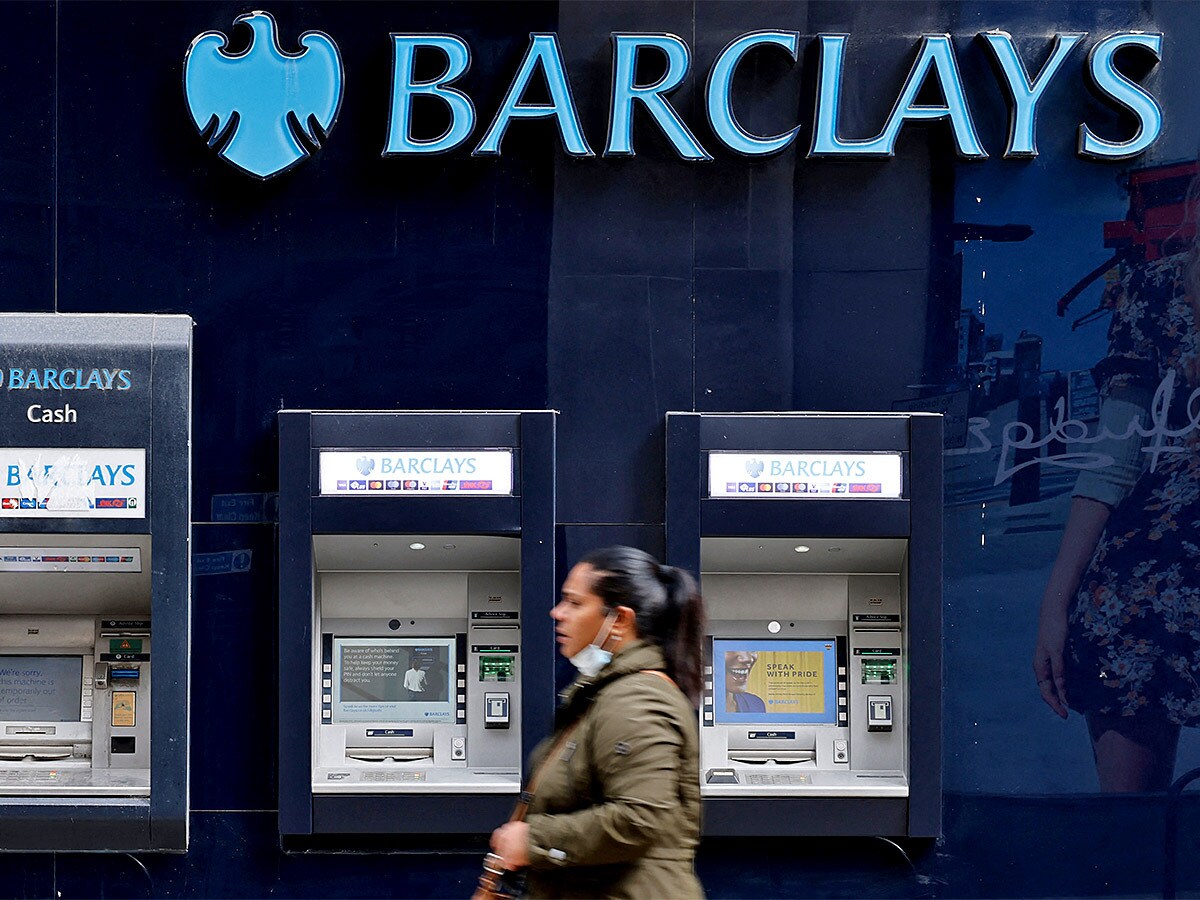The Barclays share price has trended downwards since news broke about its $15bn trading error in April. With economic uncertainty intensifying, the banks second quarter earnings could be further pressured by credit defaults amid rising inflation.
As Barclays [BARC.L] prepares to announce its second quarter earnings on 28 July, its securities blunder continues to make the headlines.
On 25 July, the UK banking group announced it would buy back $17.6bn worth of security notes bought in error after exceeding registered amounts under SEC regulations.
Back in March, Barclays revealed it would take a £540m hit in order to cover the cost of the over-issuance. It mistakenly bought $15bn more securities over the allowed $20bn limit.
Chief executive CS Venkatakrishnan said the situation had been “entirely avoidable”, while the error was described as “basic”, “bizarre” and “embarrassing” by analysts, according to Bloomberg. Redburn’s Fahed Kunwar told the publication the “seemingly basic error may shake confidence in the investment bank going forward”.
Questions will be asked of the new management team — put in place at the end of last year — and their ability to continue the banking group’s strong performance, Kunwar added.
The Barclays share price trended downwards in the weeks following the news of the mistake. The stock recorded a 52-week low of 140.06p on 7 April, having set a 52-week high of 219.6p on 14 January. Its shares are down 14% since the start of the year to 157.17p at the close on 27 July but has traded flat over the past month.
FICC holds up Barclays’ Q1 earnings
The over-issuance slightly overshadowed first quarter earnings at the end of April. The group reported a pre-tax profit of £2.234bn, which, while down from £2.399bn in Q1 2021, surpassed analysts’ expectations.
The quarter was underpinned by a strong performance in global markets and international trading. Its revenue climbed 10% to £3.95bn, with fixed income, currency and commodities trading surging 37% to £1.644bn and income from equities rising 13% to £1.052bn.
Citigroup analysts described the first quarter gains as “impressive”, according to a note to clients seen by Bloomberg.
“Our income growth was driven partly by global markets, which has been helping clients navigate ongoing market volatility, caused by geopolitical and economic challenges, including the devastating war in Ukraine, and by the impact of higher interest rates in the US and UK,” Venkatakrishnan said.
Global markets and international trading offset weaker income from investment banking fees, which dropped 25% year-over-year, and weakness in UK consumers, cards and payments. Yet, the group was boosted by an increase in net interest income as a result of rising interest rates.
Inflation could curb Q2 revenue
Net interest income could be set to continue to rise in the second quarter following the Bank of England’s rate increases to 1% and 1.25% in May and June, respectively. However, analysis by S&P Global cautions that overall revenue is likely to be curbed as a result of inflation. The same goes for other UK banks: Natwest [NWG.L], Lloyds [LLOY.L] and HSBC [HSBA.L].
Income from investment banking fees may decline once again if the unit has seen reduced activity amid the economic uncertainty.
Investors will likely be keeping an eye on the CET1 ratio — a key measure for capitalisation. CET1 was 13.8% in the first quarter, however, the trading error reduced the ratio by 19 basis points. The group continues to target a ratio between 13% and 14%.
“Barclays is well capitalised, even over capitalised. It currently has a CET1 ratio… some way higher than the regulatory minimum,” noted Hargreaves Lansdown analyst Sophie Lund-Yates.
There was good news for investors during the second quarter as the group restarted a £1bn share buyback that had been paused following the trading error. The programme will run until the end of September.
Lund-Yates argues: “The sound of regulators knocking on the door is never good for a bank. But while this blunder is unfortunate, it's not a derailment of the investment case.”
Barclays has three ‘buy’ ratings and four ‘hold’ ratings, according to MarketBeat data. The consensus target price on the stock is 244.56p, which implies an upside of 55.6% from the 27 July closing price.
Continue reading for FREE
- Includes free newsletter updates, unsubscribe anytime. Privacy policy





